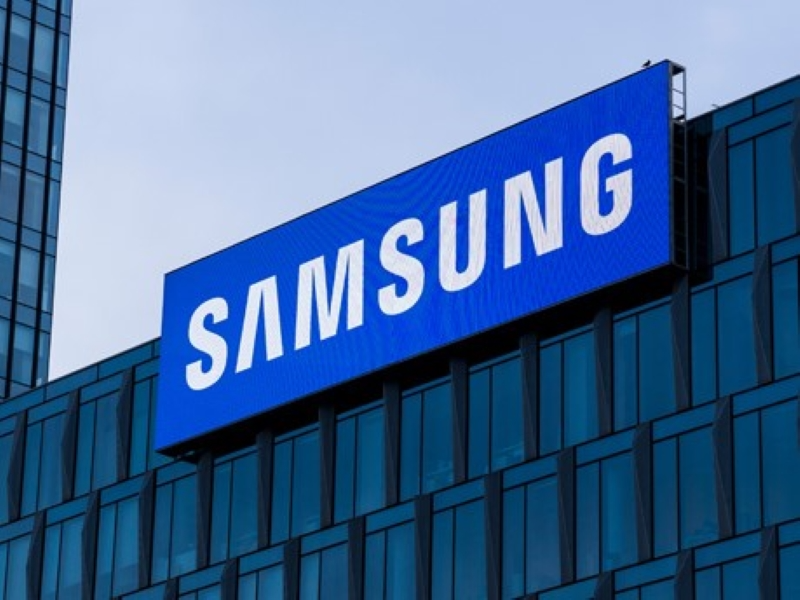- As one of the largest electronics manufacturers globally, Samsung’s South Korean operations are critical to its supply chain.
- The move comes amid ongoing disputes over pay and working conditions, potentially disrupting operations at one of the world’s leading technology companies.
OUR TAKE
The Samsung Electronics union represents a substantial portion of the company’s South Korean workforce. It has been in negotiations with management over wage increases and other employment terms. Despite extensive talks, the union’s demands have not been fully met, leading to their decision to initiate a strike. The decision to strike marks a serious escalation in the labor dispute, reflecting growing frustrations among workers.
-Lia XU, BTW reporter
What happened
Samsung Electronics‘ largest workers’ union has announced a four-day strike starting from Thursday. This decision was made to pressure the company for higher wages and bonuses after negotiations with management failed in July. The move comes amid ongoing disputes over pay and working conditions, potentially disrupting operations at one of the world’s leading technology companies.
“This strike is strategically designed to harm the company”, according to Lee Hyun-kuk, the vice president of NSEU. The union represents approximately 36,500 members, which constitutes about 30% of Samsung Electronics’ workforce in South Korea. The union anticipates that the company will struggle to maintain production lines during the strike, especially since many workers will be absent due to a national holiday on Thursday.
The union had previously declared an indefinite strike in July but called members back to work in early August after negotiations with management fell apart. Samsung also noted that a previous strike in July did not disrupt production.
Also read: Samsung Electronics forecast AI chip demand growth
Also read: Samsung Electronics eyes sales of over $100M for advanced chip packaging business
Why it’s important
The strike highlights the ongoing struggle for fair wages and benefits within large corporations. The union’s demand for higher wages and bonuses reflects broader issues of worker rights and the need for equitable compensation in the tech industry. This could lead to delays in production and affect Samsung’s overall output and profitability, which is particularly important in a country like South Korea, where the tech sector plays a crucial role in the economy.
By organising a strike, the union aims to pressure Samsung to engage in meaningful negotiations regarding pay and benefits. And Samsung Electronics has expressed its commitment to resolving the labor dispute and has likely been preparing for various scenarios to minimise the impact of the strike. The company may seek to negotiate with the union in a bid to reach a settlement that addresses the workers’ concerns while ensuring minimal disruption to its operations.

